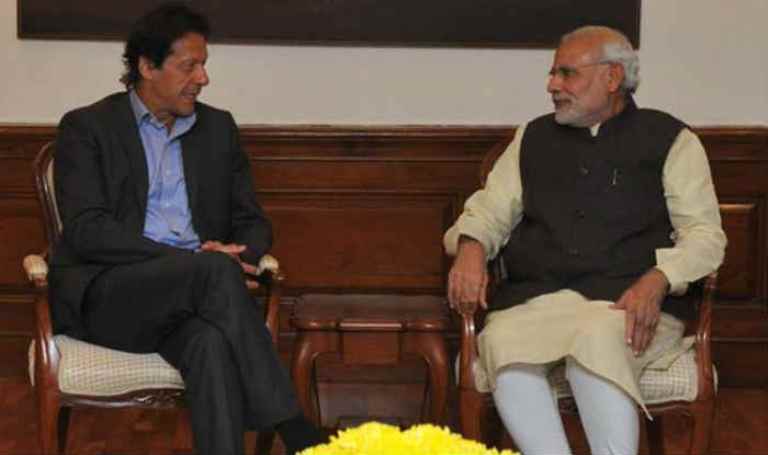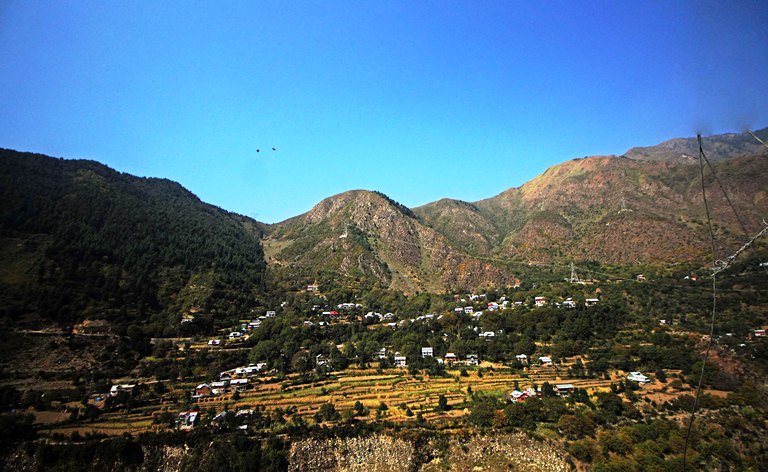Like Kashmir weather and politics, Indo-Pak relations are also unpredictable writes Zahoor Malik

Weather and politics in Kashmir is notoriously unpredictable. The same holds true for Indo-Pak relations.
Some recent developments, after years of bitter hostility, came as a big and pleasant surprise for the people. The two countries recently agreed to put to an end the ceasefire violations on the Line of Control (LoC) and implemented it strictly from midnight of February 24.
The breaking of ice did not stop there. Later, Prime Minister Narendra Modi wished his Pakistani counterpart Imran Khan a speedy recovery from Covid-19. Modi also wrote a letter to Khan greeting the people of Pakistan on Pakistan Day.
These developments, read with the statements by the Pakistani Prime Minister and his army chief Gen Qamar Javed Bajwa for improving relations with India are the indications that a lot of groundwork has been done behind the scene to normalise the relations between India and Pakistan. Some movement in the fresh peace process was also visible when talks related to Indus Water Treaty were resumed after three years and the announcement was also made about participation in anti-terror exercises by Indian troops with soldiers of some other countries in Pakistan later this year.

There are different theories going on as to who actually facilitated the fresh moves and who facilitated the process. Some media reports say UAE and USA are behind the fresh moves, but officials of India and Pakistan are tight-lipped as to how things materialised. The moves were widely welcomed with the expectation that more significant steps are also taken up as a follow-up.
However, observers feel that expecting something big immediately out of the fresh peace process is not right even as the ongoing moves can be described as steps in the right direction.
There is a feeling in Indian circles that Pakistan wants to buy time to stabilise its economy and get liberal international funding by coming out of the terrorism financing “grey list”. Global money-laundering watchdog the Financial Action Task Force (FATF) has kept Islamabad on its “grey list” since June 2018.
Many in Delhi advocate that India must forcefully tell Pakistan to completely put to an end the cross border terrorism and dismantle the terror infrastructure on its soil. Modi’s letter to Khan also stated that India desires cordial relations with Pakistan but an atmosphere of trust, devoid of terror and hostility, is “imperative” for it. On the other hand, Pakistan while making peace gestures favoured forward movement on Kashmir and its resolution.
Some observers feel that despite Pakistan’s latest Kashmir related posturing; Islamabad has felt the need to move forward with India due to its own compulsions even as it had taken a tough stand against abrogation of articles 370 and 35 A in 2019.
The first beneficiaries of the present peace process are the people living near the border. The ending of ceasefire violations has surely brought a sigh of relief to them. They were having a nightmarish experience as the roaring guns were causing death and destruction. The normal life was also badly affected due to the heavy exchange of firing. Now after the ceasefire the border people can live their normal life, move out of their houses freely and work in agriculture fields. The schools which were being closed during firing can also function normally.

Now with guns falling silent on borders, the security set up will closely watch what impact the ceasefire is going to have on infiltration level in coming summer particularly when the high mountain passes will reopen due to the melting of snow. The security officials view that under the cover of ceasefire violation, Pakistani troops used to push trained militants into Kashmir. While these infiltration attempts are mostly foiled, sometimes militants manage to cross over amid heavy exchange of fire.
The security authorities have made it clear that despite the truce on borders there will be no lowering of guard against militancy and law and order issue in Kashmir. The anti-militancy operations will continue and deployment of troops and setting up of more checkpoints would be made as per requirements. The focus will continue to foil attacks including that of Bagat and Lawaypora.
According to them, all necessary steps will be taken to ensure a peaceful summer. The authorities expect a huge tourist arrival this season. Six lakh pilgrims are likely to perform Amarnath Yatra this year. The government functionaries are of the opinion that peace in the coming months will boost the economy.
Tourism and other business sectors were badly hit since August 5, 2019, and then due to lockdown because of Coronavirus in 2020. So this year is very crucial not only on security and law and order fronts but also from the business point of view. The latest moves by India and Pakistan have given an indication for a peaceful summer. But a surprise element, which remains the only constant in Indo-Pak relations remains.
(Author is a Srinagar based senior journalist)














